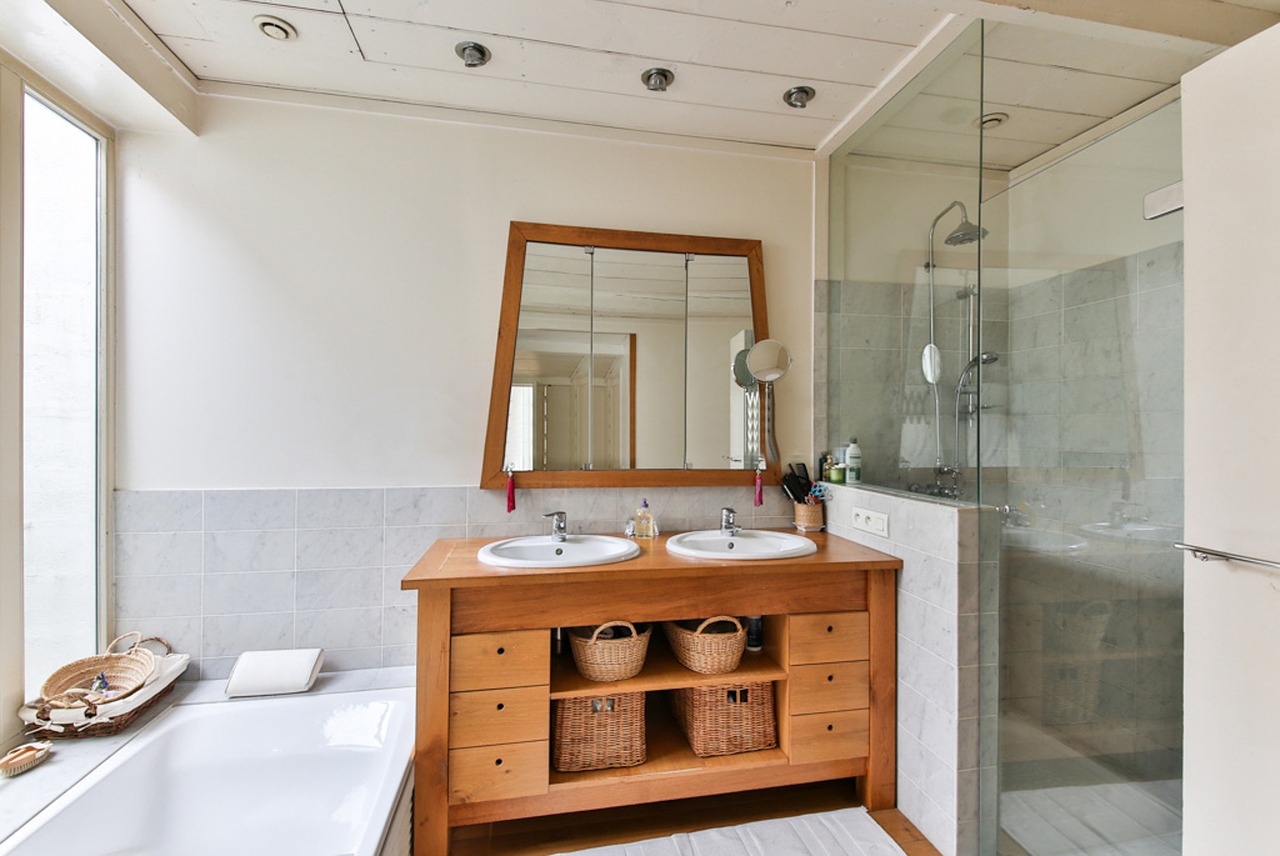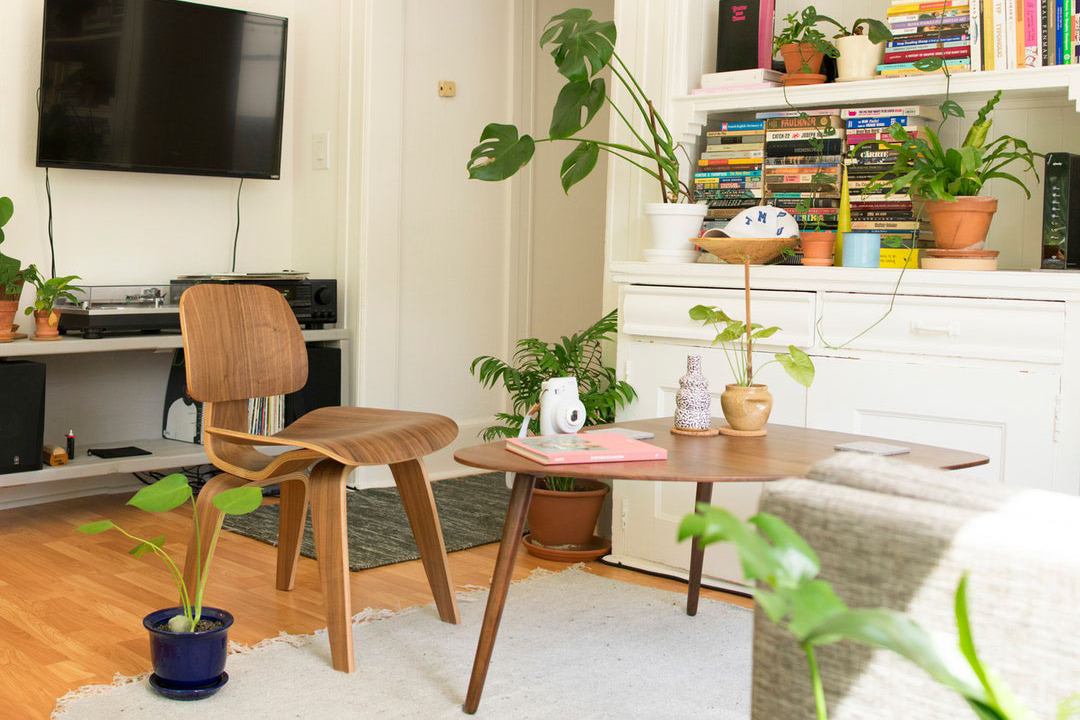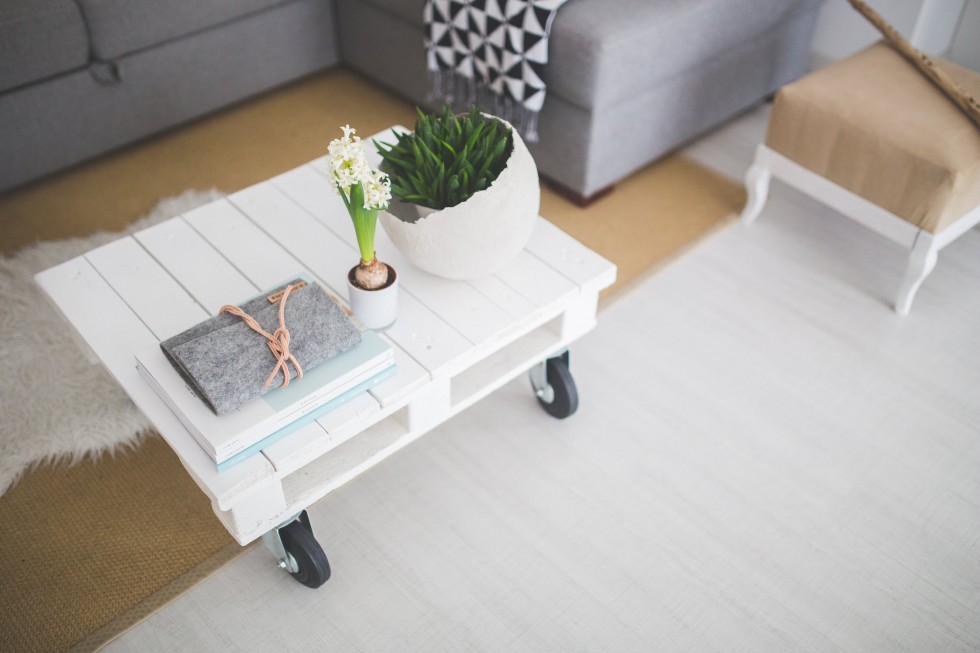Most people care about their well-being daily: they clean hands, wash clothes and tidy up their home regularly. However, every home has particular items which frequently cause long-lasting diseases among inhabitants of the house. The tenants spend hundreds of dollars to get rid of these illnesses while all they had to do is treat and clean these particular items properly. In this article, you will learn about 15 most common items of this kind and learn ways to make your home disease-free.
Home construction
Air conditioning
Air conditioners today are not seen as some know-how inventions, frequently they come as a part of a house or apartment from the very beginning. While they do help stay cool during hot days and get warm during the winter time, they also are the center of disease spreading. One of the most common issues for a/c units is mold that causes severe respiratory diseases and long-term health problems. Besides that International Journal of Indoor Environment and Health confirmed that in larger buildings Legionella, the bacteria responsible for Legionnaire’s disease, is a common part of the system.
What to do?
Clean your a/c units regularly. Otherwise, hire professional house cleaners to ensure that all mold and unwelcomed bacteria are dealt with and you live in a disease-free house.
Leaking pipes
Leaking pipes are one of the main helpers of mold development in the household. The University of Finland conducted the research that revealed that mold is the common reason for asthma development.
What to do?
All you need is regularly check your pipes with a plumber and deal with leaking as fast as possible. Don’t postpone pipes fixing for later because you risk adding lifelong diseases on your hospital card.
Old windows
All homes in the US built prior to 1978 are very likely to contain lead paint. Lead causes severe poisoning that may result in everything from an upset stomach to complex behavioral issues and brain damage. While it sounds like a pulp fiction story, old windows and homes are a subject of many discussions among home improvement experts.
What to do?
The answer is as easy as shelling peas – replace the old windows with new units. By agreeing to a windows replacement home project you not only make your home disease free but also improve home’s energy efficiency and its overall comfort. Consider getting an estimate today to complete windows replacement before the fall.
Leave your request here

Bathroom
Showerheads
Showerheads are the obvious filters for the water coming from the pipes to you. However, they can harbor everything from Legionella to Nontuberculous Mycobacteria. The latter may cause devastating lung infections.
What to do?
It’s obvious that it’s not an option to avoid taking a shower. So, to protect your home from shower bacteria, professional plumbers advise installing water filters for the whole house and also conduct regular shower head cleaning.
Washing machines
Yes, washing machines are the Holy Grail for washing your clothes. However, these units also harbor a number of scary bacteria, such as fecal bacteria and E. coli.
What to do?
However dull it sounds, you need to wash your washing machine. You can purchase special chemicals and get the idle run for the machine to get it cleaned from bacteria. Besides that, special washing machine treatment is possible with warranty services, so you can call your washing machine provider and inquire about such a possibility.
Bath mats
Bath mats collect human skin, soil bacteria (that is delivered to them from your feet), and even fecal bacteria. A warm and very high-humid climate of the bathroom creates perfect conditions for bacteria to grow and develop.
What to do?
The solution is simple – wash bath mats every couple of weeks and change them after a year of use.

Kitchen
Sponges and rugs
Everyone feels the unpleasant odor of kitchen sponges and rugs. Frequently, this is the only indicator that they should be replaced. If not replaced and clean regularly, kitchen sponges become a perfect humid home for about 360 distinct bacterial species, with as much as 45 billion bacteria per square centimeter. All these unwelcomed inhabitants may cause food poisoning and other illnesses.
What to do?
To make your home disease free, all you need is replace kitchen sponges and rugs no rarer than twice a month.
Refrigerator compartments
Unfortunately, most homeowners clean their refrigerator units no sooner than once in a month. However, veggies and fresh meat are placed in the drawers regularly. Several kinds of research calculated that vegetable drawers host up to 750 times the number of bacteria that is generally deemed safe. Among the most common bacteria found in fridges are listeria, salmonella, and E. coli.
What to do?
Regularly (at least twice a month) clean your refrigerator, and pay particular attention to vegetable drawers. Ensure that no spoiled food is left inside to avoid cross-contamination.
Dishwashers
Just as well as washing machines, dishwasher units are prone to developing many bacteria types. The worsening factor for these appliances is food particles that rot in the washer until destroyed completely. Bacteria and fungus contamination are the most common for dishwashers.
What to do?
Clean your dishwasher with special detergents and ensure that no food particles are left inside after the cleaning circle is complete.

Chemicals
Cleaning products
Any kind of cleaning products can and eventually will jeopardize your health in most cases. Inhaling chemicals on a regular basis has malicious effect on your lungs.
What to do?
It’s impossible to avoid the use of cleaning chemicals completely; however, you can minimize direct contact with them. For instance, replace chemicals with natural active ingredients whenever possible. Should you need to use chemical cleaning products, use personal protection items (mask, gloves).
Air freshener
Air fresheners do lead to reduced lung function. The so-called fresher smell is not worth lung problems at all.
What to do?
Don’t use chemical air fresheners at home. If you want to improve the smell at home, go with aroma oils or natural components.

Other
Door handles
Door handles are the nidus for all diseases transmitted via direct contact. On entering the house, we touch the door handle before all dirt is washed away and so let bacteria in. Later on, when doors are open again (for instance, to let a guest in), bacteria get back on the hands and transfers to the kitchen, bedroom, and any other object in the house.
What to do?
Rule #1 is to wash hands once you get home and before you touch anything there. Rule #2 is not to oversee the importance of good home cleaning procedures on a regular basis.
Vacuum cleaners
Vacuum cleaners do help cleaning the house, yet not always are they as useful as we think they are. Yes, they clean the home from excessive dust; however, a study revealed that not only some bacteria stay alive inside the vacuum cleaner bag for two months but they also develop antibiotic-resistant properties. This leads to the recurring contamination of your home later on.
What to do?
To make home bacteria- and disease-free you need to simply change the vacuum cleaner bag no rarer than once a month. Should you vacuum some extremely dusty materials or spots, it’s highly advised to change the bag right after the vacuuming.
Bed sheets
Bed sheets that are not changed regularly lead to the development of over 12 million colony-forming units of bacteria. These bacteria in more than 40% of cases lead to antibiotic resistance and as a result more complex circuit in the future.
What to do?
The solution is simple: change bedding no rarer than once in three weeks and wash the bed sheets right after you take them off. Beside that, remember to wash bed cover and decorative pillowcases should you have any.
Carpet
Carpets are one of the worst flooring materials ever. They do provide warmth and silence to a home – it’s true. Yet, without proper cleaning, wall-to-wall carpets promote the development of hundreds of bacteria and microorganisms. For example, carpets contain volatile organic compounds and formaldehyde which contribute to reduced lung function.
What to do?
If it’s possible, don’t cover your whole home with carpets, use them only for decorations. Regardless of the carpet size, deep clean it regularly. Should you have no time and might for such a procedure, hire professional carpet cleaners to do the job for you. And if you want to make your place of living a disease-free environment, never walk at home in shoes that you wear outside.






